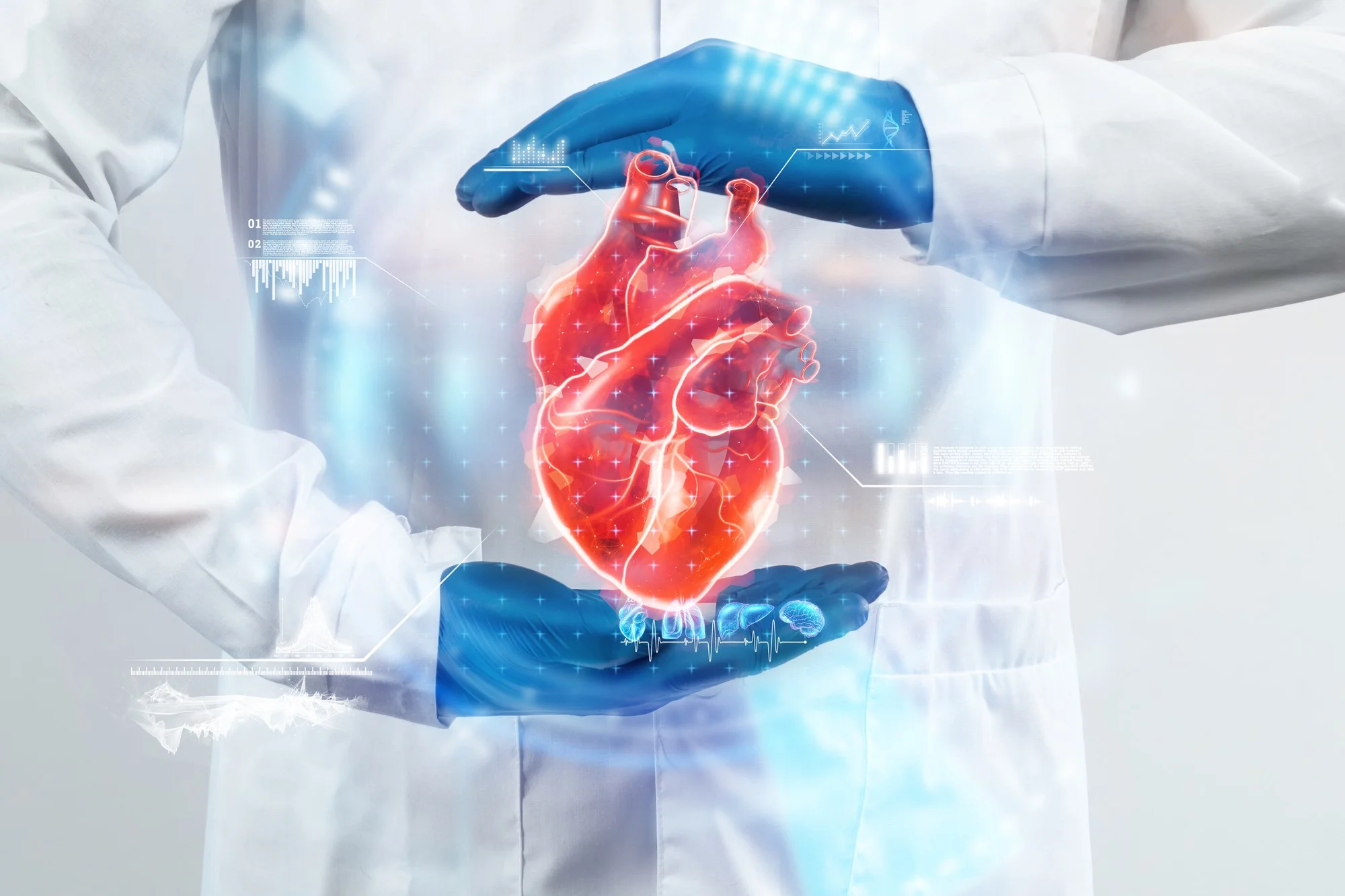A new landmark study published in Brain, Behavior, and Immunity journal has uncovered significant links between Post-Traumatic Stress Disorder (PTSD) and increased risk of major adverse cardiovascular events (MACE), highlighting neural and cardio-inflammatory pathways as key mediators in this association. Researchers from Massachusetts General Hospital and Harvard Medical School, including the prominent names of Antonia V. Seligowski, Simran S. Grewal, and a team of renowned experts, have pioneered this insightful analysis which expands the understanding of PTSD’s impact beyond psychological dimensions.
The Study and Its Findings
In an extensive study comprising 118,827 participants from a vast hospital-based biobank, researchers collated a massive amount of demographic, diagnostic, and medical history data. Special attention was given to factors like stress-associated neural activity (SNA), heart rate variability (HRV), and levels of high sensitivity C-reactive protein (hs-CRP) in subjects, closely examining their relationship to PTSD and ensuing cardiovascular risks.
The findings were unequivocal: PTSD patients were found to have a significantly elevated risk for MACE, accounting for traditional risk factors, with a hazard ratio (HR) of 1.317. Confirming the hypothesis, the study identified that the correlation between PTSD and an increased chance of cardiovascular events was mediated through heightened SNA, altered HRV, and increased levels of hs-CRP, substantiating the role of neuro-immune mechanisms.
“The revelation that PTSD can induce such enormous strain on cardio-immune pathways, eventually leading up to severe cardiovascular incidents, is indeed a leap forward in psychocardiology,” remarked Dr. Antonia V. Seligowski, one of the lead authors of the study.
Implications for Treatment and Prevention
With this profound evidence, the research suggests that these biomarkers – SNA, HRV, and hs-CRP – could be critical targets for PTSD treatment and may offer a strategy for preventing cardiovascular incidents in PTSD patients. Moving forward, interventions that may modulate these mechanisms hold promise in reducing MACE risks among affected individuals—a potential game-changer for healthcare providers.
The Importance of DOI and Reliable References
This cutting-edge study is available under doi: 10.1016/j.bbi.2024.01.006, ensuring that the research is easily accessible and identifiable. The DOI, or Digital Object Identifier, guarantees the integrity of electronic intellectual property, such as this groundbreaking study, making it a vital element in modern research dissemination.
Keywords
1. PTSD Cardiovascular Risk
2. Neural Immune Mechanisms
3. Major Adverse Cardiovascular Events
4. Stress-Associated Neural Activity
5. Heart Rate Variability PTSD
Including these keywords would ensure that individuals searching for information related to PTSD and cardiovascular health can easily find and access this crucial study.
Conclusion and Future Directions
The study by Seligowski et al. represents a significant advancement in understanding the complex interplay between mental health and physical well-being. It underscores an urgent need for integrative approaches in treating PTSD, considering both psychological and physiological aspects to better manage and alleviate the heightened risks of cardiovascular diseases.
References
1. Seligowski, A.V., Grewal, S.S., Abohashem, S., Zureigat, H., Qamar, I.,…Osborne, M.T., & Tawakol, A. (2024). PTSD increases risk for major adverse cardiovascular events through neural and cardio-inflammatory pathways. Brain, Behavior, and Immunity, 117, 149-154. DOI: 10.1016/j.bbi.2024.01.006
2. Edmondson, D., & von Känel, R. (2017). Post-traumatic stress disorder and cardiovascular disease. The Lancet Psychiatry, 4(4), 320-329. DOI: 10.1016/S2215-0366(16)30377-7
3. von Känel, R., Begre, S., Abbas, C.C., Saner, H., Gander, M.-L., & Schmid, J.-P. (2010). Inflammatory biomarkers in patients with posttraumatic stress disorder caused by myocardial infarction and the role of depressive symptoms. Neuroimmunomodulation, 17(1), 39-46. DOI: 10.1159/000258700
4. Hoge, E.A., Brandstetter, K., Moshier, S., Pollack, M.H., Wong, K.K., & Simon, N.M. (2009). Broad spectrum of cytokine abnormalities in panic disorder and posttraumatic stress disorder. Depression and Anxiety, 26(5), 447-455. DOI: 10.1002/da.20564
5. Vaccarino, V., Goldberg, J., Rooks, C., Shah, A.J., Veledar, E., Faber, T.L., … Bremner, J.D. (2013). Post-traumatic stress disorder and incidence of coronary heart disease: A twin study. Journal of the American College of Cardiology, 62(11), 970-978. DOI: 10.1016/j.jacc.2013.04.085
The comprehensive research conducted by Seligowski and the team has enhanced the scientific community’s perspective on PTSD’s extensive impact on heart health, potentially revolutionizing both treatment protocols and preventive measures for this debilitating disorder.
